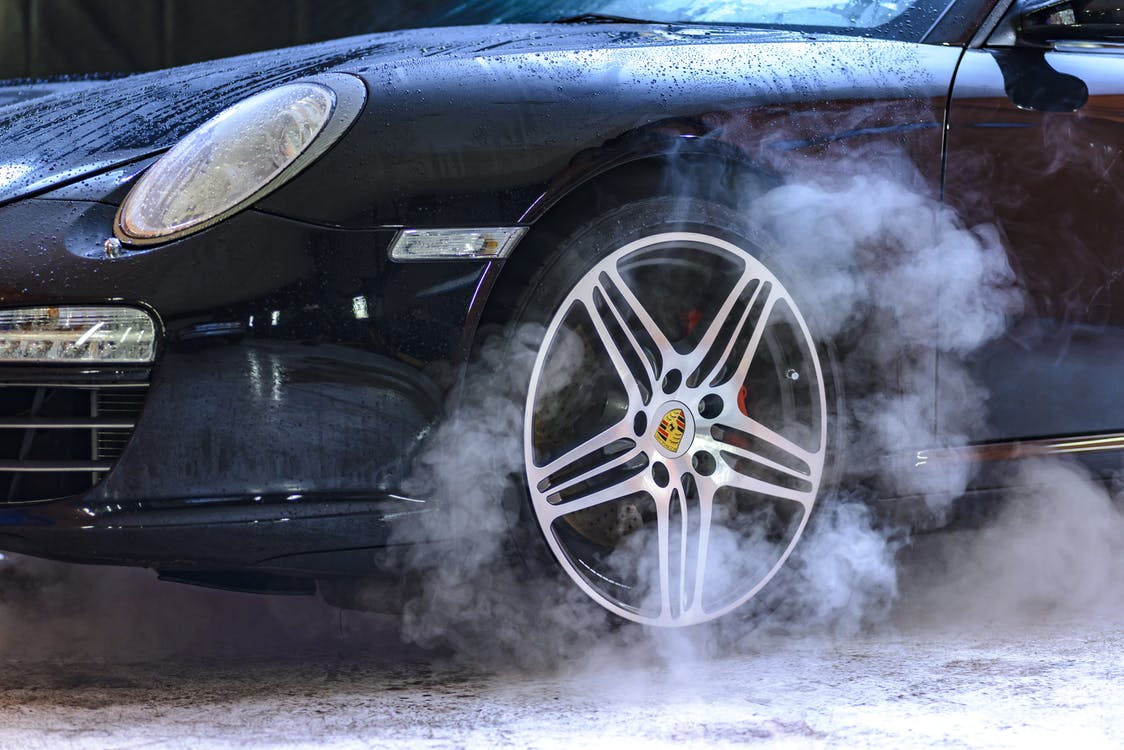A car engine is a remarkable machine. Despite being subject to cold and heat throughout its operating life, the car’s heartbeat continues to pump day in and day out. However, cold-climate car owners may worry about that icy morning when they turn the key and the engine refuses to turn over, raising these questions: How much does cold weather have an impact on the performance of car engines, including that of batteries and other peripheral equipment? What can you do to prepare for these extremes? Unless you live in moderate climates you should take steps to winterize your car every fall.
How Winter Affects Your Car Before Starting
Winter can affect your car and its components in more than one way, both before your car hits the road and when you are underway. When temperatures approach freezing, your car battery has to work harder to turn over the engine, your oil becomes thicker and your antifreeze risks freezing. Additionally, low temperatures harden hoses and belts, exacerbating cracks and frayed seams. As a consequence, your car may not start readily and your sub-optimal oil and antifreeze may fail to prevent engine damage when the engine does engage.
How Winter Affects Your Car on the Road
When driving, you have to be able to steer and stop appropriately, and you have to be able to see the road and conditions ahead. Worn tires will show treads that do not have the depth to grip the road in snow or ice. Worn windshield wipers will not clear icy rain or snow efficiently, impacting your view. Even if your car has passed inspection, winter driving requires like-new rubber in both instances for safety.
How To Winterize Your Vehicle
Because your car both needs to start easily and get you to your destination, you should take steps to prepare it for these jobs. Look over your battery to make certain it is not cracked or leaking and have a service center test it. Also, test your antifreeze and replace it if necessary with an even mixture of water and coolant. Replace your windshield wipers every six months. Finally, check the depth of your tires’ treads, and purchase new ones if needed. Consider purchasing tire chains or tire socks, both of which will dramatically improve starting, steering and stopping traction in snow.
How To Store Your Car in Winter
If you ever need to store a car during the winter, you need to prepare it ahead of time. Your goal is to have a car that starts up after long-term parking. Follow these steps:
- Disconnect the car battery and hook it up to a trickle charger
- Fill the gas tank and circulate fuel stabilizer
- Change the oil if you have not done so recently
- Raise the windshield wipers to prevent sticking
- Wash dirt and grime off the delicate paint
- Cover the car if it will be stored outside
- Inflate the tires to minimize flat spots
Then when you start it for the first time, drive very slowly to give protecting fluids time to circulate before stressing the engine.
If you have prepared your car appropriately, you will be relieved that you and your ride made it through winter when spring arrives. If you perform the job consistently, you will rarely have to invest too much effort in annual winter car preparation.

